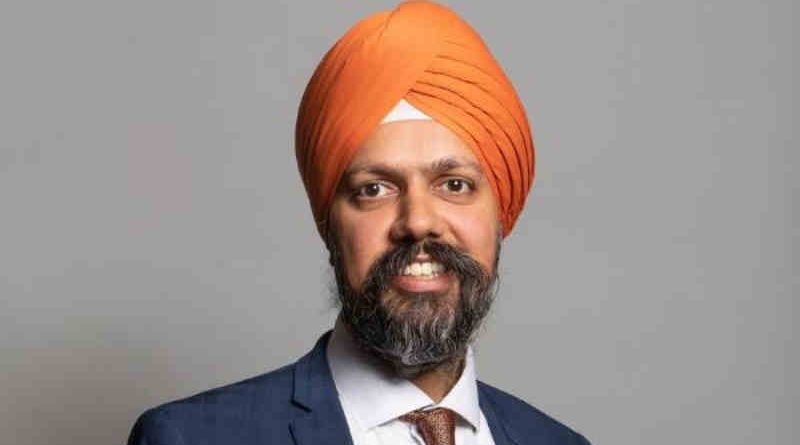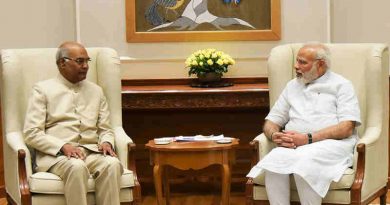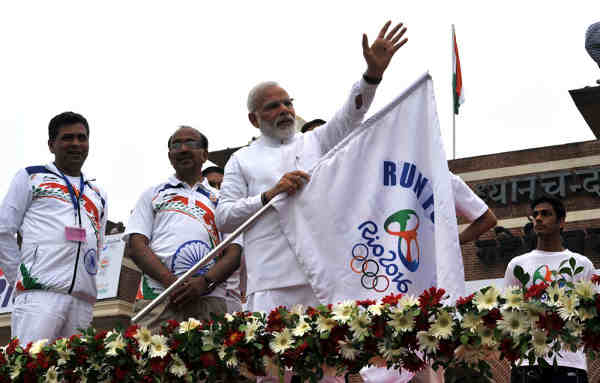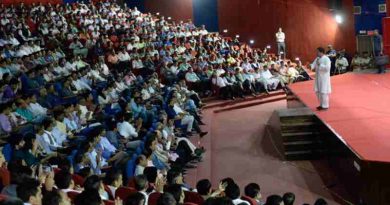British MPs Debate Against the Authoritarian Rule of Modi Govt in India
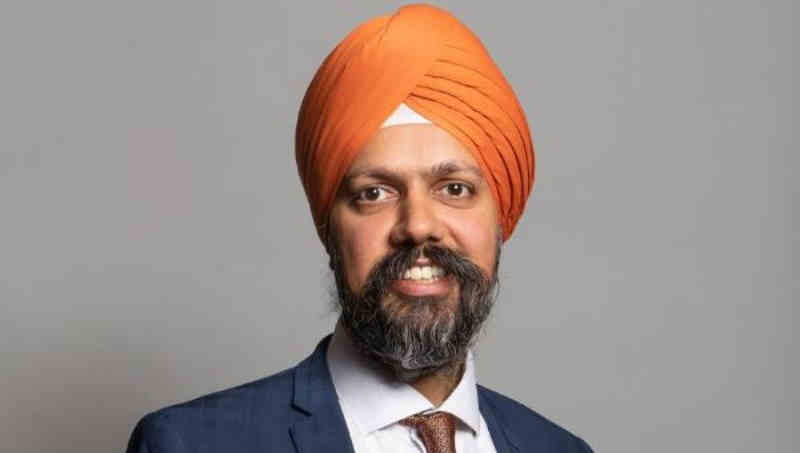
Instead of issuing halfhearted censure statements or remote warnings, the international protectors of democracy should take some field actions to stop the atrocities of the Modi government.
By Rakesh Raman
In a debate held in the House of Commons on March 8, a number of British MPs raised serious concerns over the dictatorial rule of Prime Minister (PM) Narendra Modi in India.
Almost all – 17 out of 18 MPs – concluded in about 90 minutes of discussion which was streamed live that Modi and his colleagues in the Bharatiya Janata Party (BJP) have completely destroyed democracy in India.
Incidentally, the debate was held days after a Freedom House research report “Freedom in the World 2021: Democracy under Siege” downgraded India’s status from “Free” to “Partly Free” due to the authoritarian actions of PM Modi and his Hindu nationalist government.
Based on their findings, the British MPs observed that the dictatorial Modi government is committing gross human rights violations, attacking journalists, arresting activists (including women) as well as opposition leaders under false charges, shutting down Internet, and beating peaceful protesters mercilessly with batons and bullets.
It has become a dangerous pattern in the authoritarian Modi regime that it uses brutal force to suppress all kinds of dissent. Driven by Modi, Home Minister Amit Shah, and a few other belligerent BJP leaders who do not believe in the rule of law, a private mob army comprising lawless police officers and local hooligans attack peaceful protesters including men, women, and even senior citizens.
During the debate, MPs – from both Labour and the ruling Conservatives – condemned Modi government for its cruel crackdown on the protesting farmers and the journalists who cover the ongoing protests. They also demanded strict sanctions – including visa restrictions – on Modi and his party colleagues, reminding that Modi’s entry was banned by many countries for his alleged involvement in the Gujarat massacre of 2002 in which thousands of Muslims were murdered.
Jeremy Corbyn, MP and former leader of the Labour party, informed in the debate that 250 million people are participating in the farmers’ agitation in India, which he described as the biggest ever industrial dispute in the history of this planet.
Human rights, press and academic freedoms have been hard won.
They’re universal and must be cherished.
Request from an oversubscribed UK Parliament #FarmersProtest debate to Indian Government is the essential need to respect human rights, ensuring peace and justice for farmers. pic.twitter.com/EU9NfZcR30
— Tanmanjeet Singh Dhesi MP (@TanDhesi) March 8, 2021
“Human rights, press and academic freedoms have been hard won. They’re universal and must be cherished. Request from an oversubscribed UK Parliament #FarmersProtest debate to Indian Government is the essential need to respect human rights, ensuring peace and justice for farmers,” tweeted British Labour Party MP Tanmanjeet Singh Dhesi who was participating in the debate.
In January, Dhesi had sent a letter, signed by over 100 MPs and Lords, to PM Boris Johnson on the ongoing farmers’ protests in India, asking him to raise this matter with PM Modi.
The British MPs said that both Modi and the BJP government are linked to the rise in violent religious persecution within India, including attacks on Muslims, Sikhs, and Christians.
The Indian government immediately discredited the debate held in the House of Commons on press freedom and safety of farm protesters in India, saying it was one-sided and packed with false assertions.
But the baseless government statement could not disprove the recorded scenes of police brutality on protesters, barricading of protest sites with sharp nails and barbed wires, Internet shutdowns, attacks on innocent farmers and their families by local criminals supported by Delhi Police, imprisonment of a large number of protesters including women, and so on. [ Click here to watch a related video. ]
It is being observed that hollow condemnation statements, parliamentary debates, warnings of sanctions from the UN agencies and global leaders against the excesses of the Modi government are falling on deaf ears.
In January, a similar parliamentary debate in the United Kingdom (UK) had discussed the human rights violations issue in Kashmir, which is a disputed territory between India and Pakistan. The debate, organized by Labour Party’s Sarah Owen, included the participation of cross-party British MPs. But it was an ineffective debate, as there is hardly any relief for the persecuted people of Kashmir.
Among other leaders, the UN Secretary-General António Guterres, UN High Commissioner for Human Rights Michelle Bachelet, Canadian Prime Minister (PM) Justin Trudeau, and German Chancellor Angela Merkel have all condemned human rights violations by the Modi government.
But the Modi government simply ignores such opposition by giving some baseless rebuttal and saying that others are not allowed to interfere in India’s internal affairs. Sadly, the international community accepts such false rhetoric offered by the Modi government and does not go beyond casual condemnation statements.
Most foreign governments which condemn the autocratic Modi regime ignore the human rights abuses and crimes against humanity in India because these money-minded governments put their commercial interests before their overt promises to protect the fundamental rights of people all across the world. In other words, they put profits before people.
As a result, the excesses of the Modi government are increasing rapidly in India. Since there is no effective opposition party in India and the police as well as the courts are working as partners in state crimes, only the international community (such the UN, European Union, the U.S., NATO, etc.) can save Indians from unprecedented torture and misery.
Therefore, instead of issuing halfhearted censure statements or remote warnings, the international protectors of democracy should take some field actions to stop the atrocities of the Modi government. These actions may include deployment of a joint force (let us call it ‘Independent Democracy Protection Force’ or IDPF) in India which should protect Indians from the Modi government and its complicit police and lawless judiciary.
The foreign governments should also discontinue all trade and travel ties with India, which – according to global surveys – now falls in the category of the other dictatorship states such as Algeria, Belarus, China, Ethiopia, Hong Kong, North Korea, Russia, and Venezuela where citizens have lost hope of living in a democratic environment.
By Rakesh Raman, who is a national award-winning journalist and social activist. He is the founder of a humanitarian organization RMN Foundation which is working in diverse areas to help the disadvantaged and distressed people in the society.


